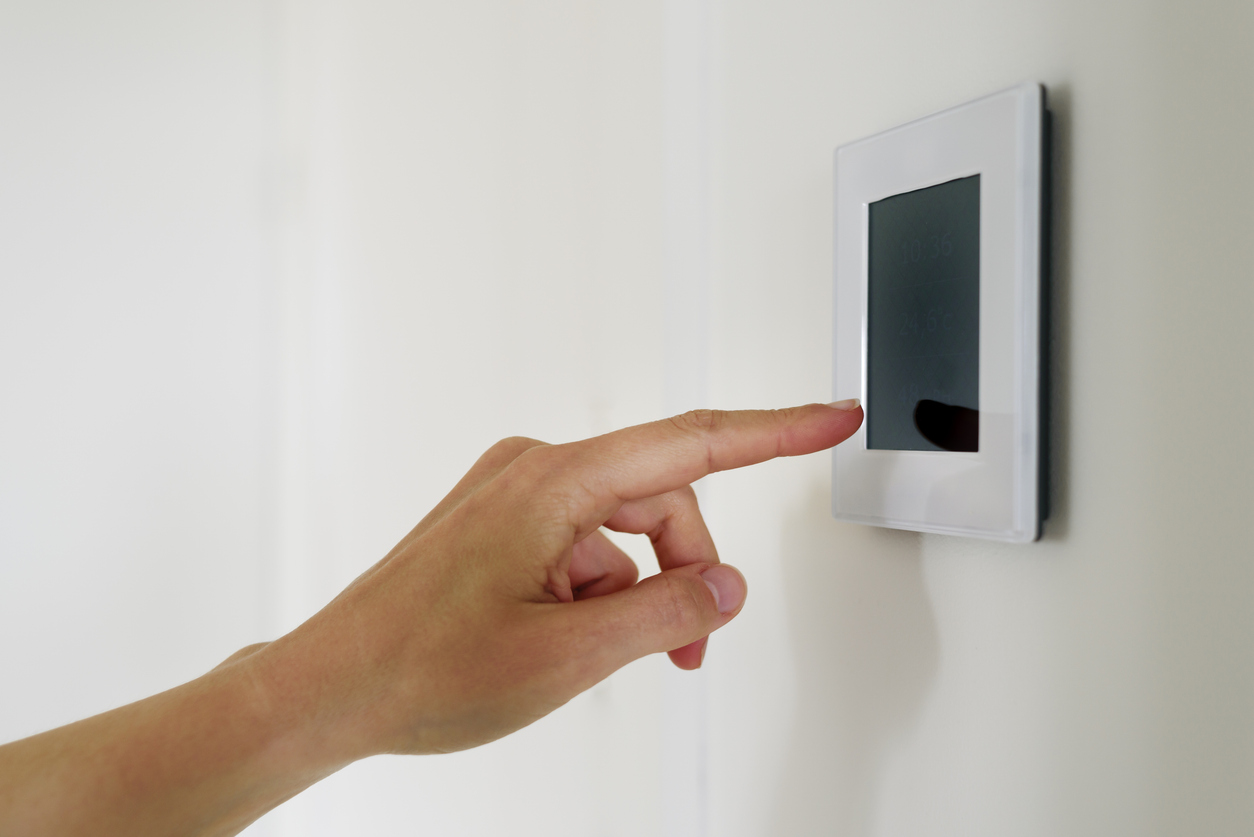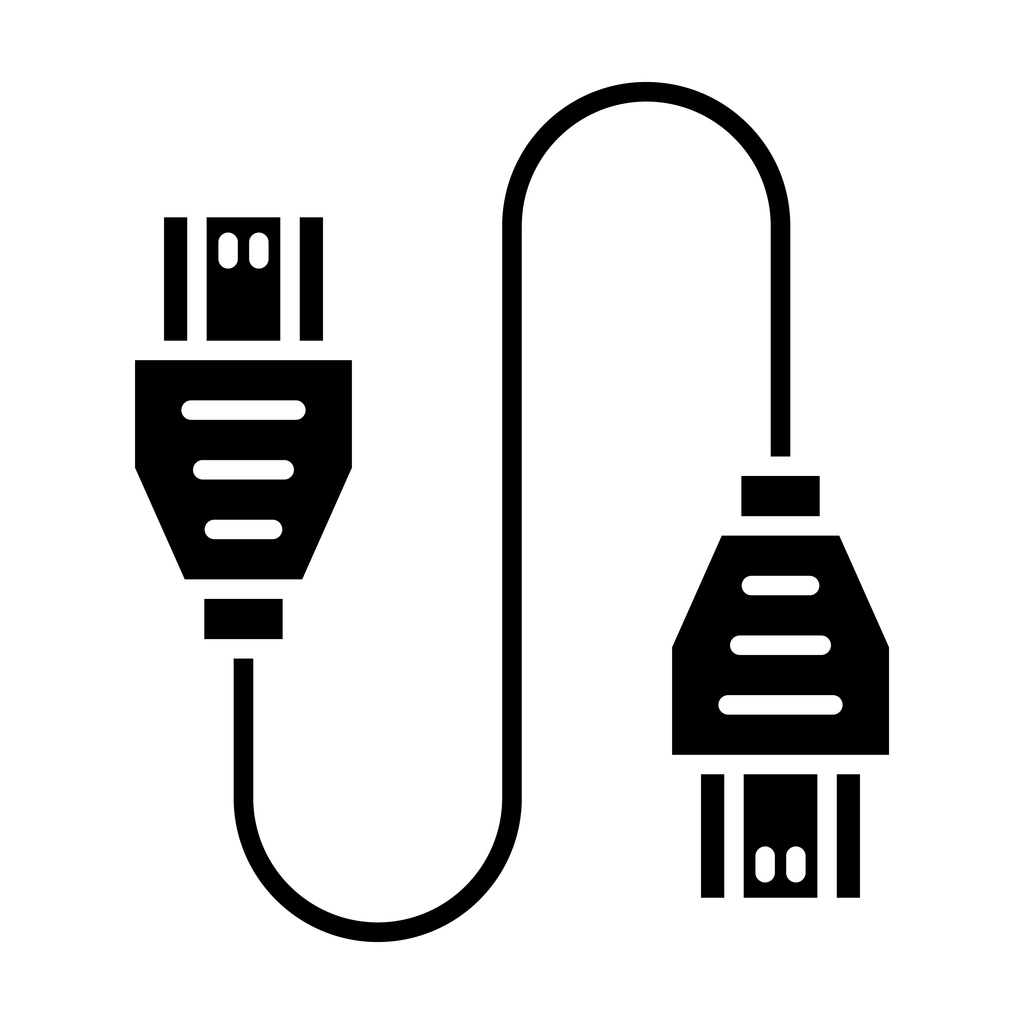How to Maximize Text Message Drip Campaigns
Text message marketing is at the forefront of so many businesses’ marketing plans. The benefits make it a tough competitor as compared to alternative marketing methods. It is a cost-effective way to save valuable business resources. One of the best ways to improve customer engagement is to use text drip campaigns. Below you will find how to maximize text message drip campaigns.
How to Maximize Text Message Drip Campaigns
Text message drip campaigns are unique as compared to regular text message campaigns. They are characterized by a series of pre-written messages that are sent to customers over a period of time. They are highly effective and have been proven to offer several benefits to businesses. Consider the following benefits associated with text message drip campaigns.
Effectively Nurtures Leads
Text message drip campaigns improve lead nurturing over time. The nature of the campaign involves a series of pre-written messages sent over a period of time. Sending the series of messages helps move consumers through the sales funnel. This is because the messages provide valuable information and encourage action. This method results in 50% more sales than alternative methods. The approach is highly beneficial as it drives sales which ultimately improves your business’s bottom line.
Cost-Effective Solution
Saving vital business resources is the key to business success. This includes both time and money. Text message drip campaigns are more cost-effective than any other marketing method. This is true for businesses large and small. In fact, small businesses can benefit just as much as large businesses from automated texting software. The cost saved is compounded by how effective text message marketing is. As compared to alternative strategies, text message marketing statistically crushes them.
High Customer Engagement Rates
Text message drip campaigns are highly effective when it comes to customer engagement. Text messages are opened at much higher rates than email. In fact, open rates can reach 98%. This is vastly different as compared to email open rates. The average open rate for marketing emails is around 20%. Open rates are critical for businesses as it increases the likelihood that customers will click through. The call to action is often in the form of a link. When recipients click through, it increases the likelihood that they will purchase something from the business. High open rates have a positive domino effect on business sales.
Customization
Personalized text messages are a necessity in any marketing campaign. The key to running a successful text message drip campaign is providing consumers with what they need at the right time. To achieve this, it’s necessary to use customer data to curate your messages. Providing recipients with information that adds value to them is critical. Research shows that personalization improves customer engagement rates. It can also boost customer loyalty and brand credibility. By customizing the recipient’s experience you can easily curate the message to their unique wants and needs.
Fast and Effective Engagement
Text messages are a fast and effective way to communicate with customers. Curating your message is key. Keep it simple, short, and straight to the point. The call to action should be clear right away. If your recipient has to search to understand the message, they can easily get distracted. Capturing their attention offers fast and real-time information that is critical to businesses. The information is valuable in the moment and in the future. In fact, it can effectively inform future business marketing campaigns.
Automated Texting Software
Creating your marketing plan can be overwhelming. However, with automated texting software, you can easily save time and money. Contact the team at Trumpia for support with your next text message drip campaign!









